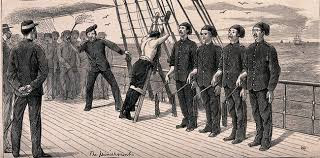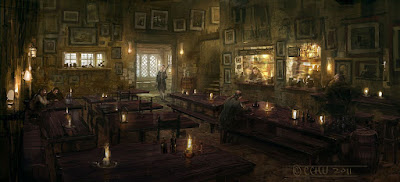Pirate Progressives
European monarchs inaccurately portrayed acts of violence committed by pirates disproportionate to the violence of 18 th century Europe during the Golden age of Piracy, thus creating a historical narrative that omitted the unprecedented and enlightened contributions of pirates. Painting a barbaric image of pirates benefitted the economic and political interest of governments as a way to distract from their own heinous acts. These governments and monarchies commissioned privateers to steal from opposing countries but denounce the pirates when they received political backlash. Pirates are vilified for using violence and torture though all governments, religious bodies, and citizens of the Golden Age of Piracy used equally cruel and gruesome methods. The egalitarian pirate code of conduct, cooperation among fleets, and contribution to the New World depict pirates as liberal patriots of a society much ahead of its time.





